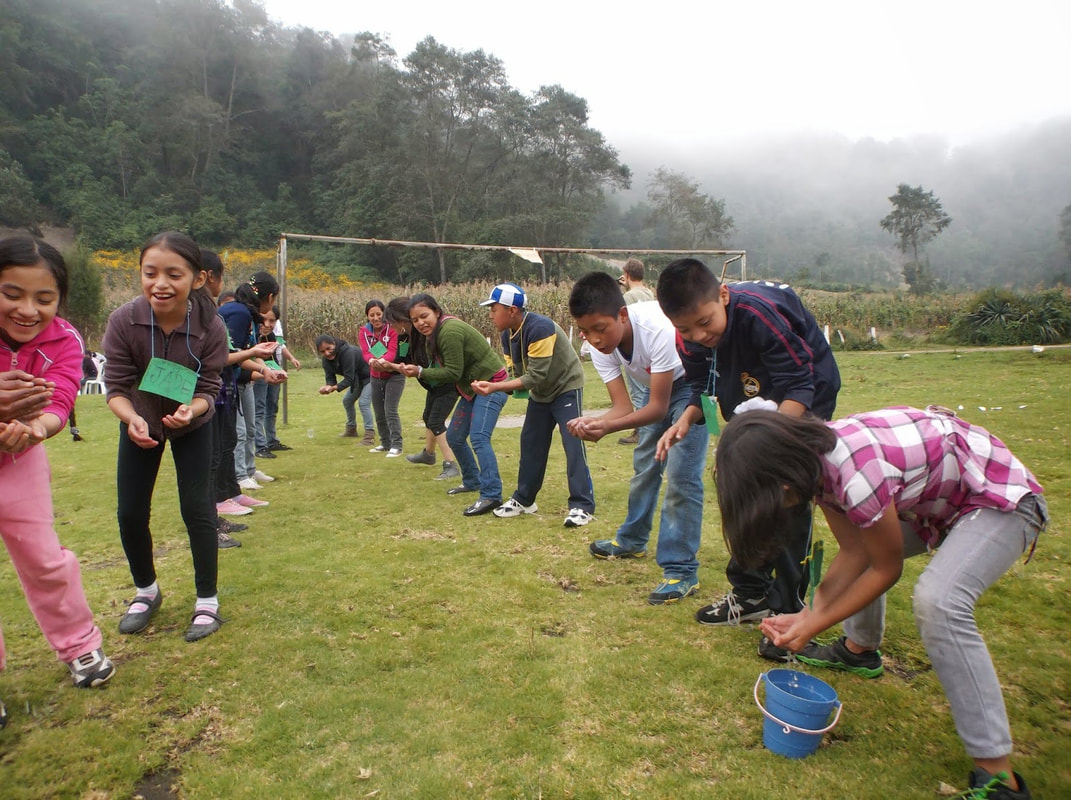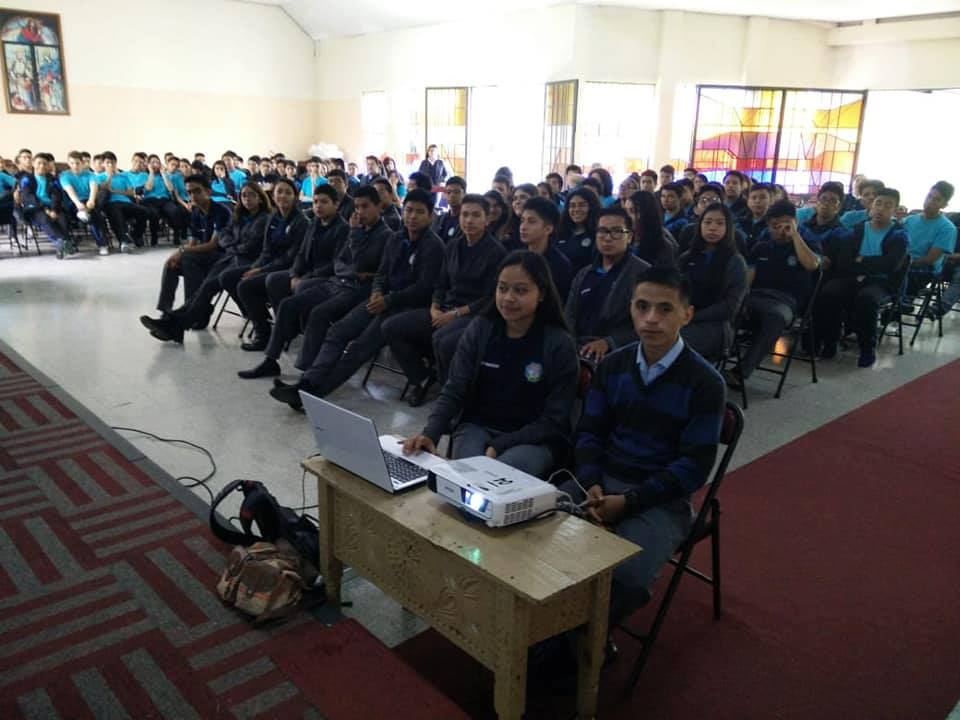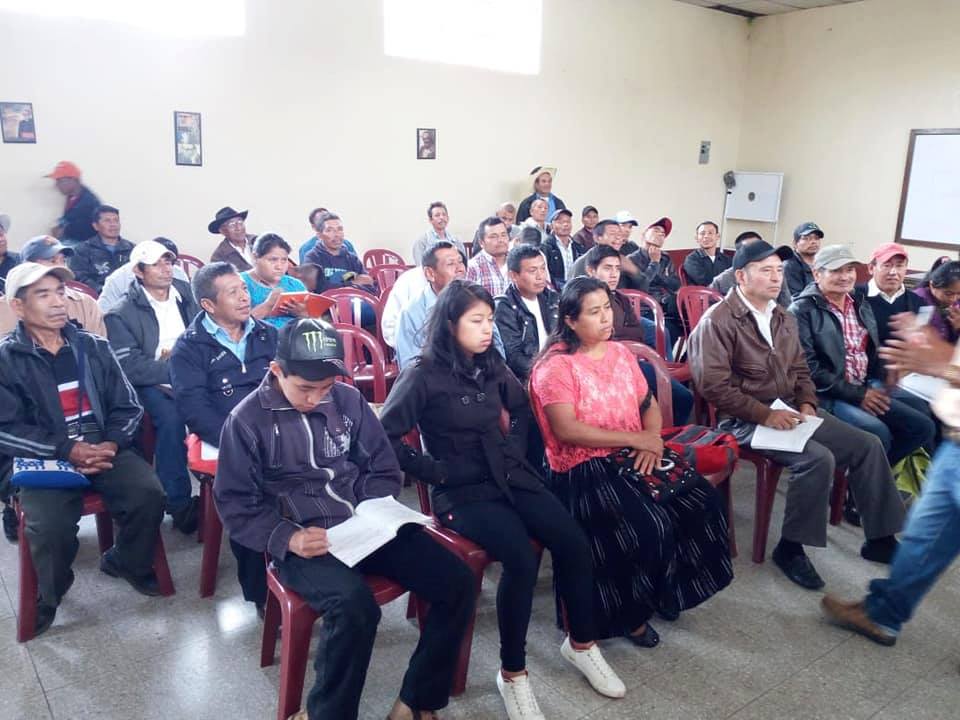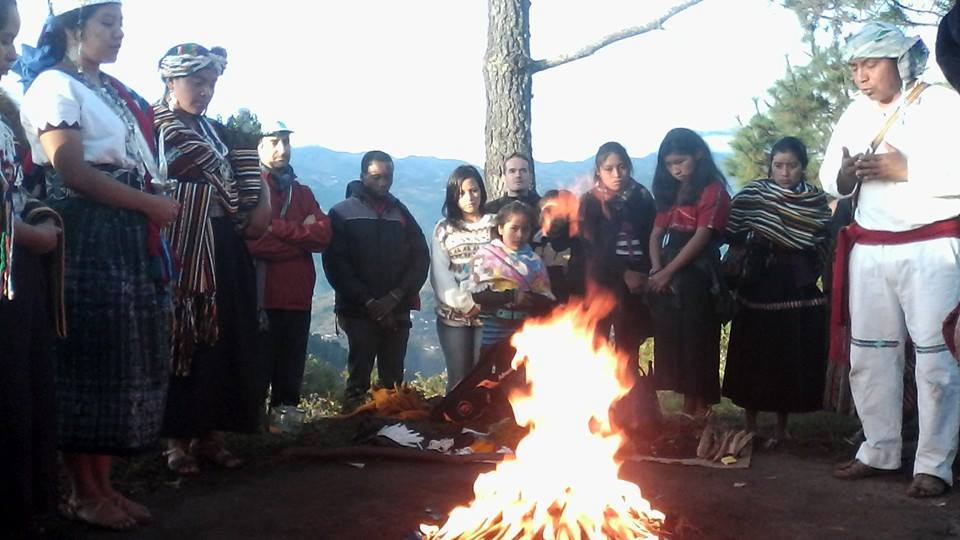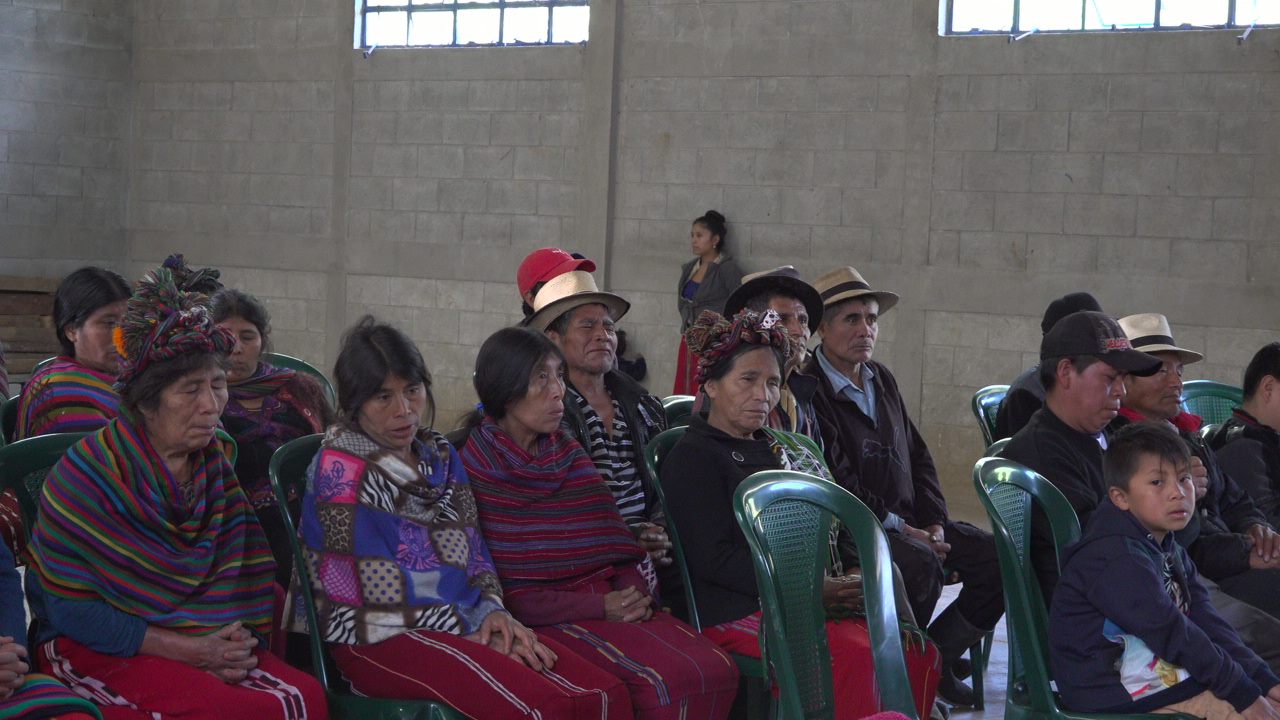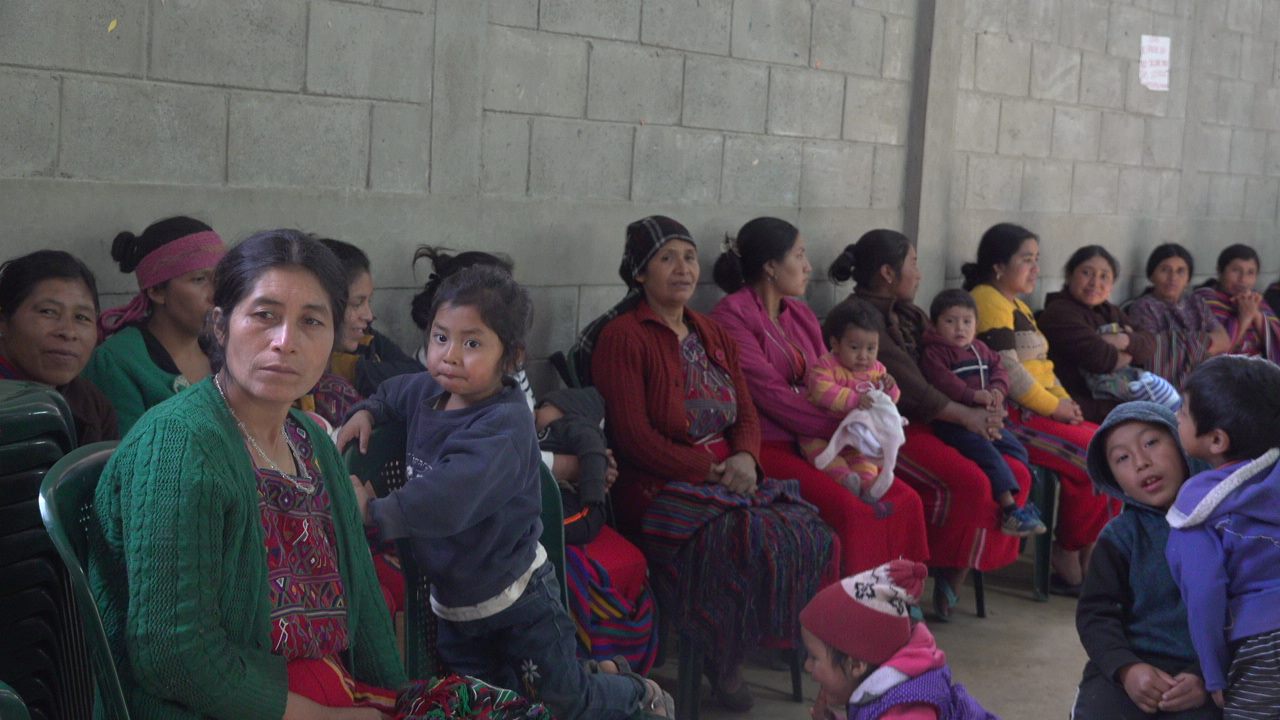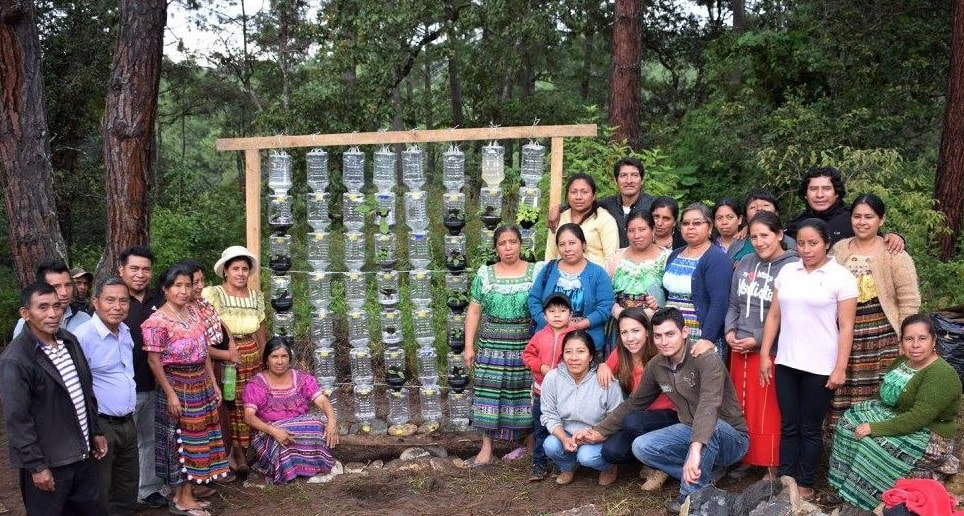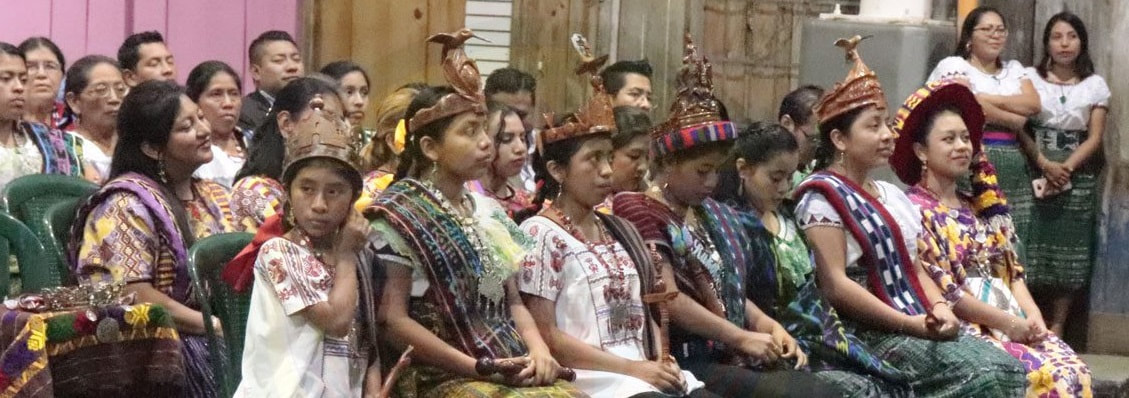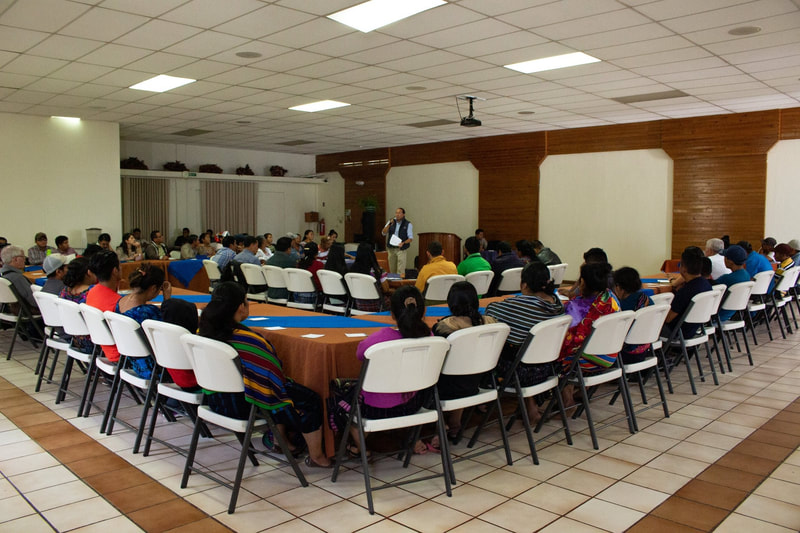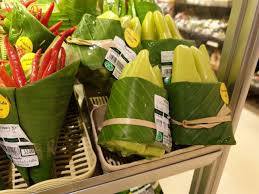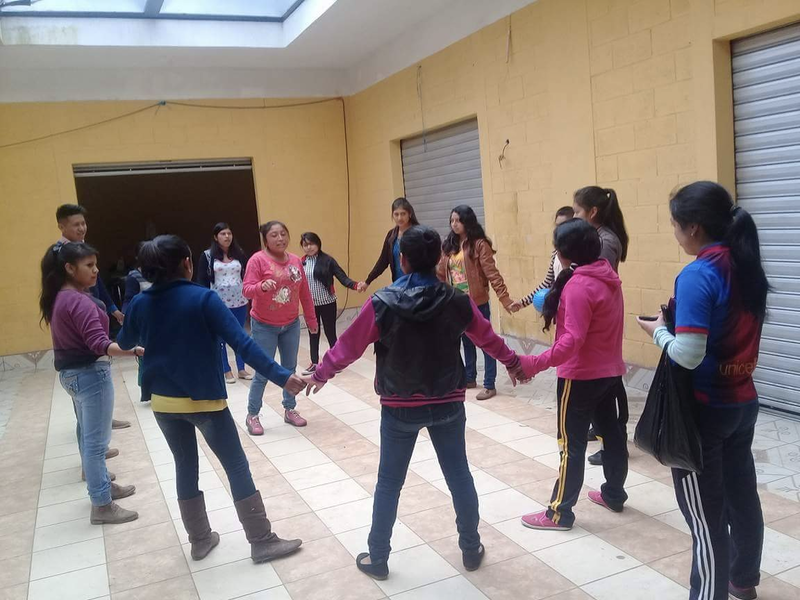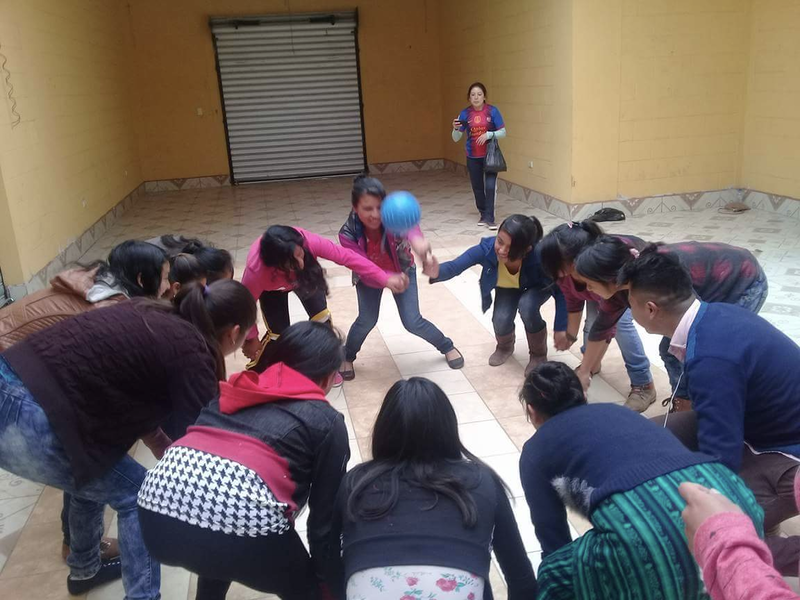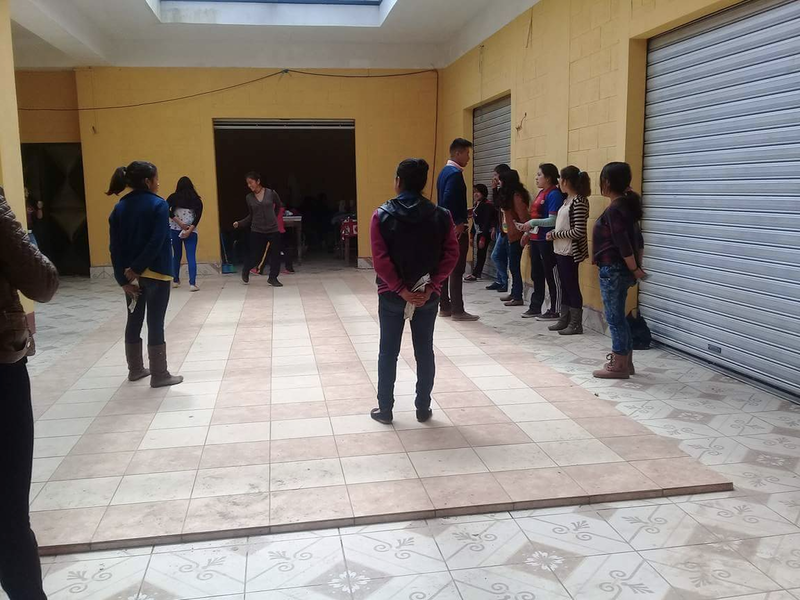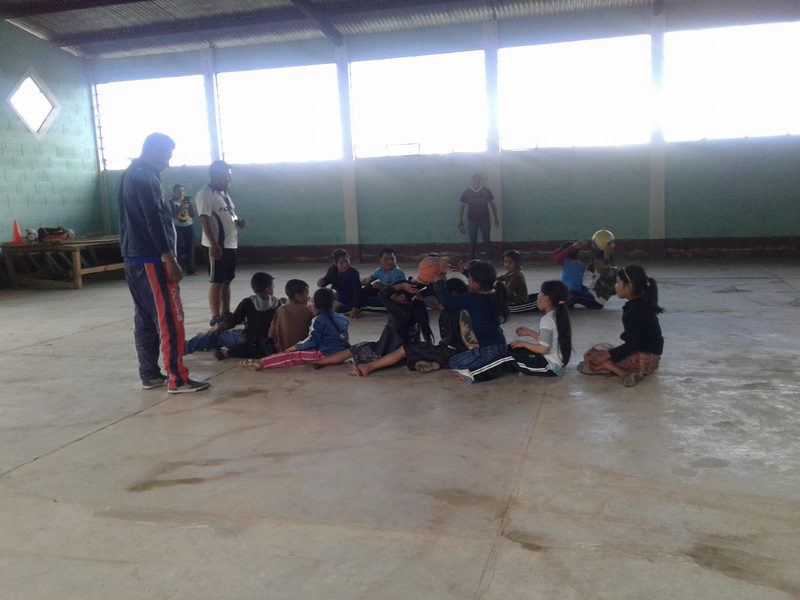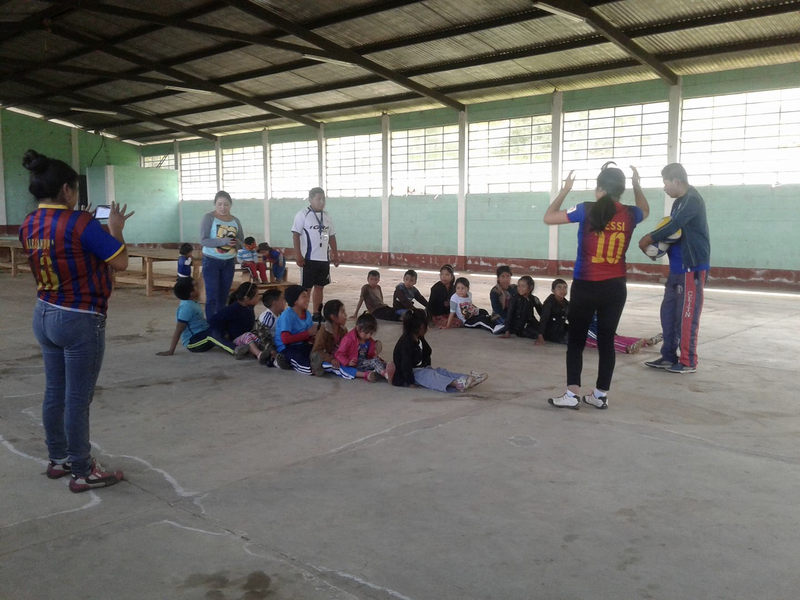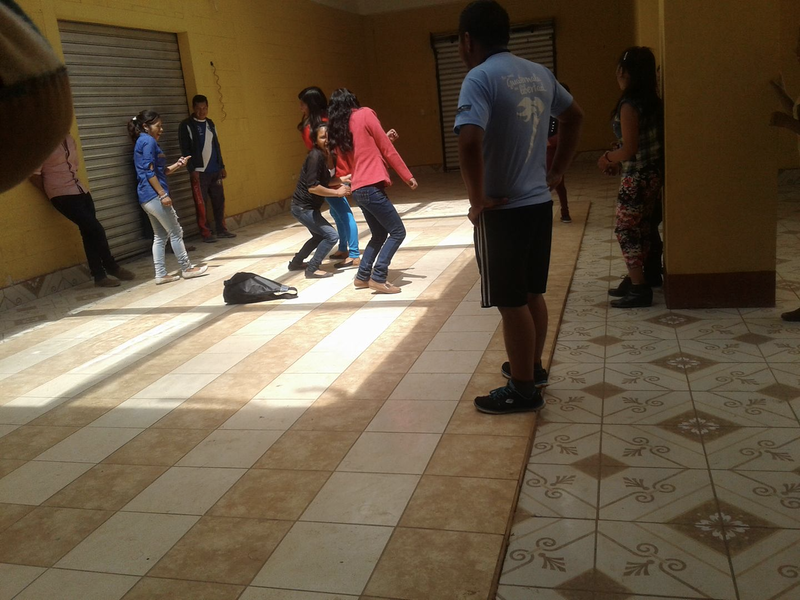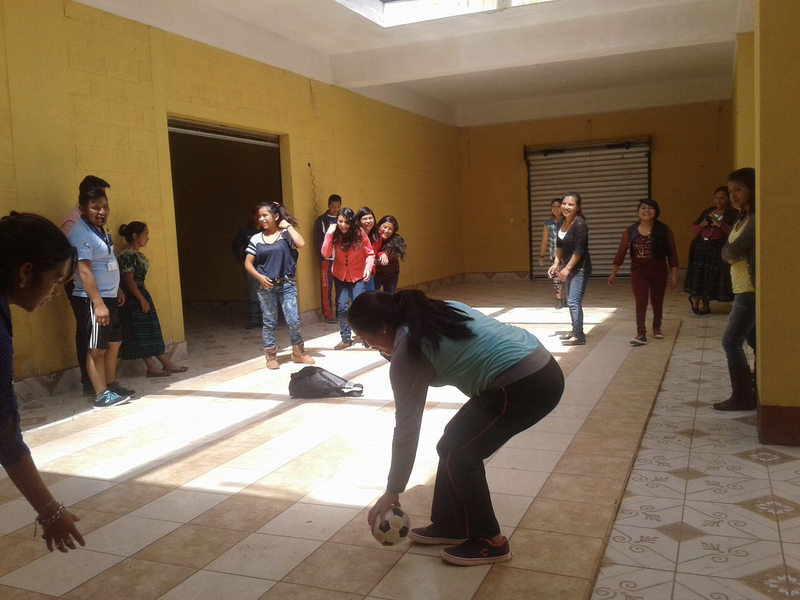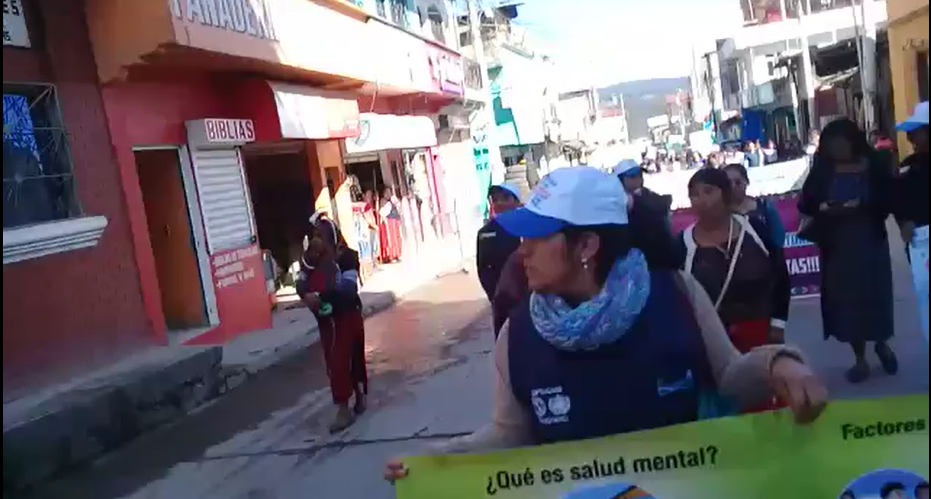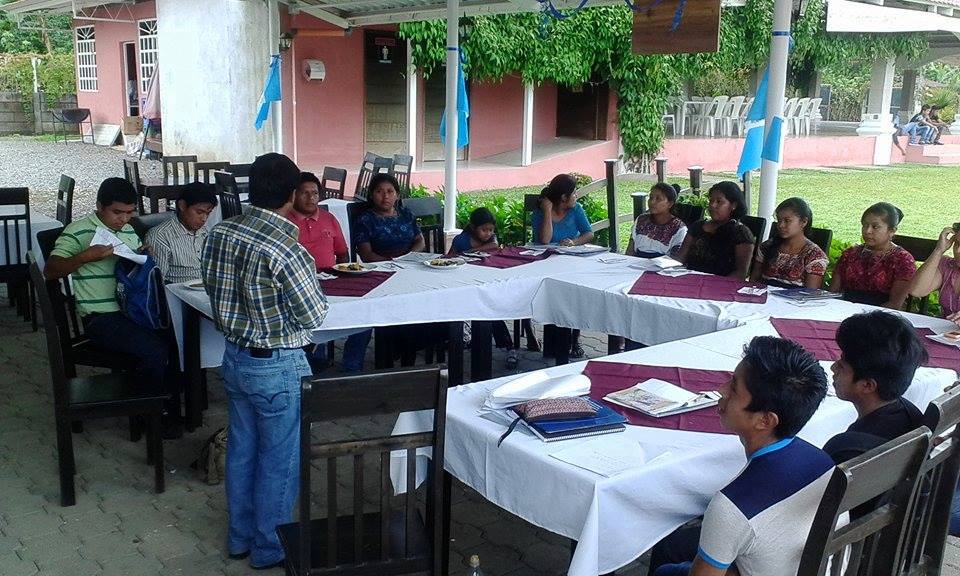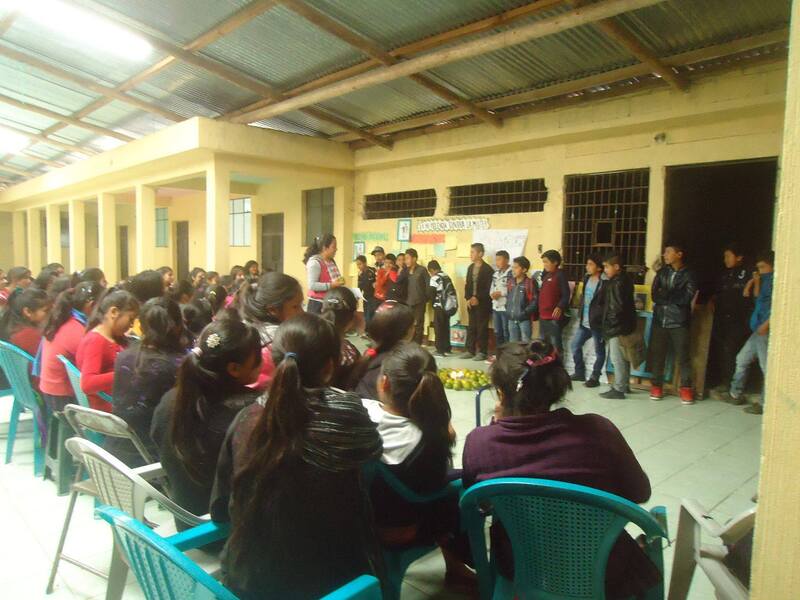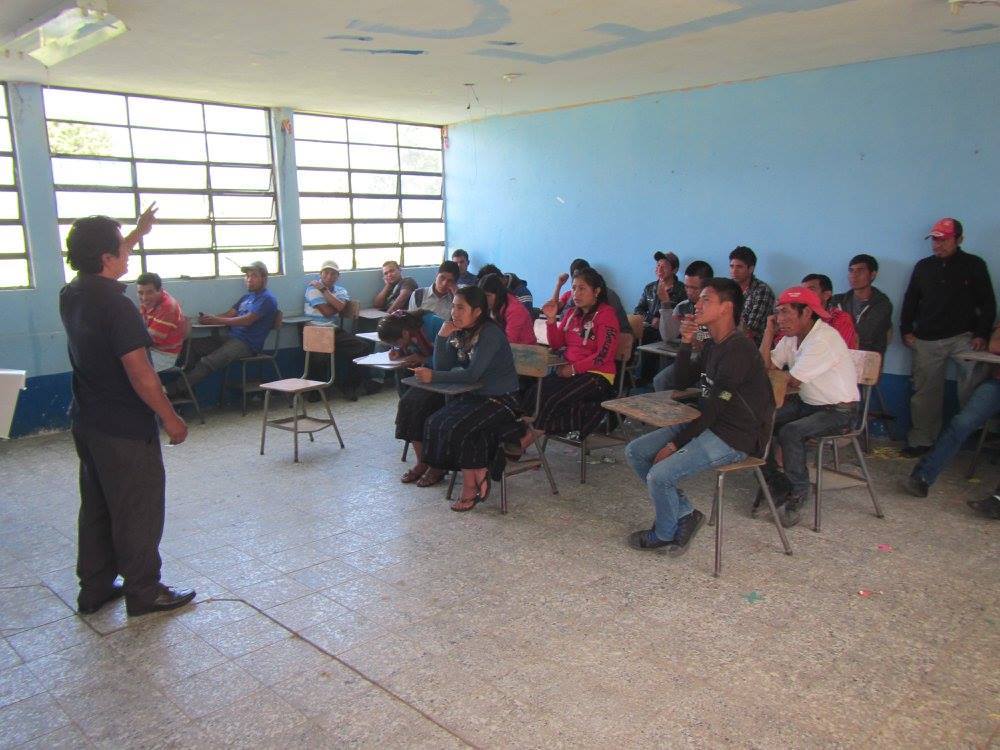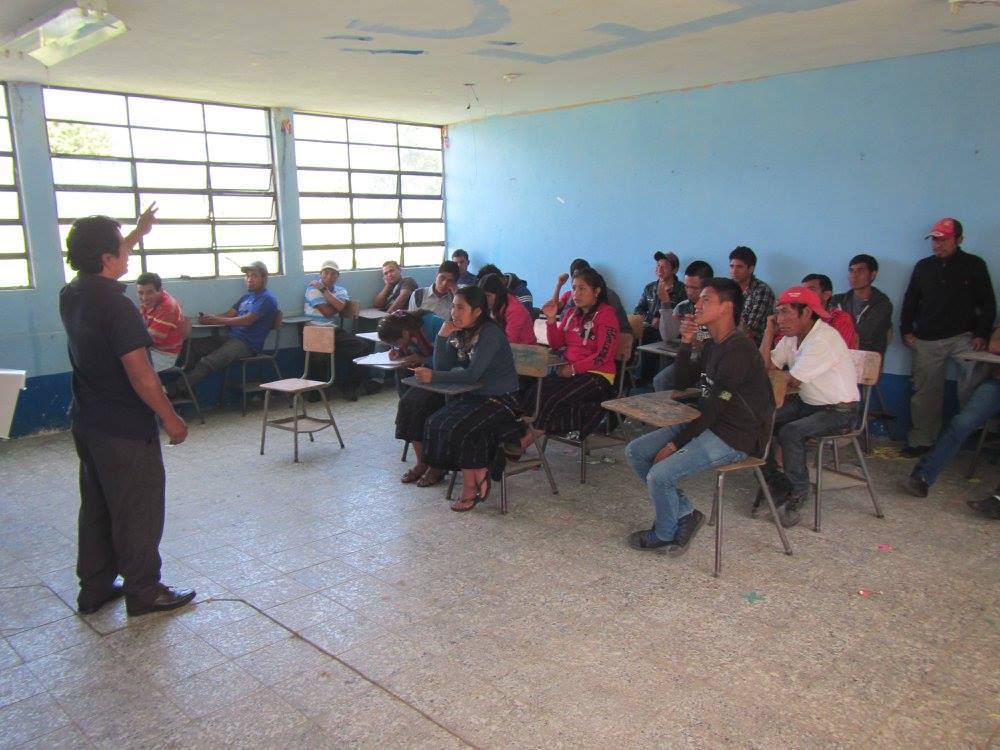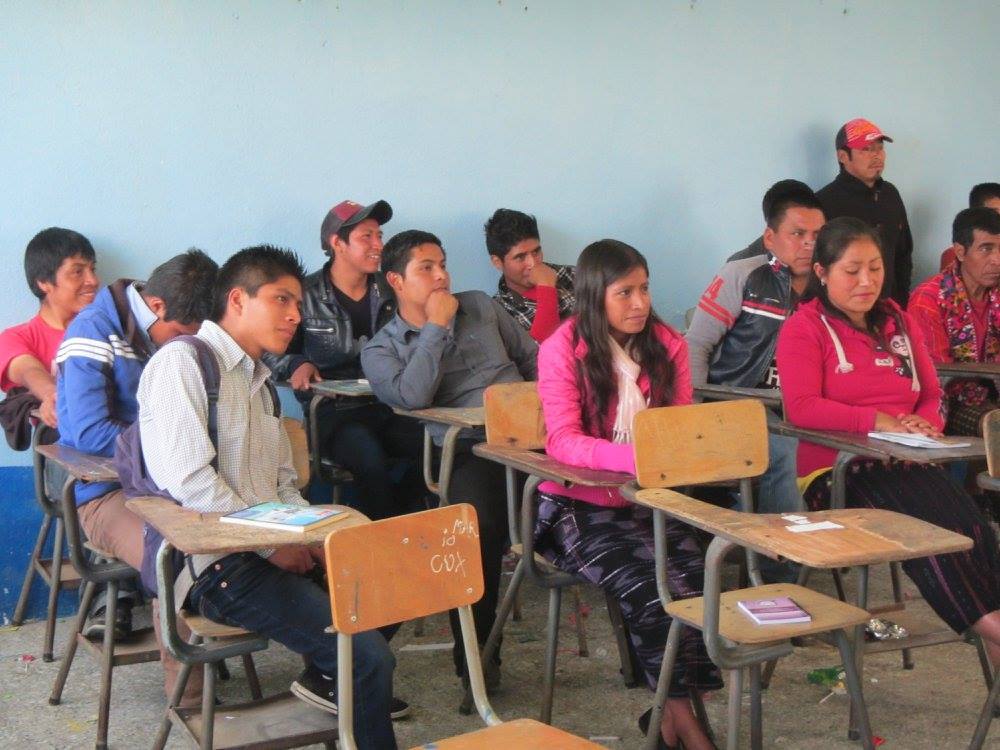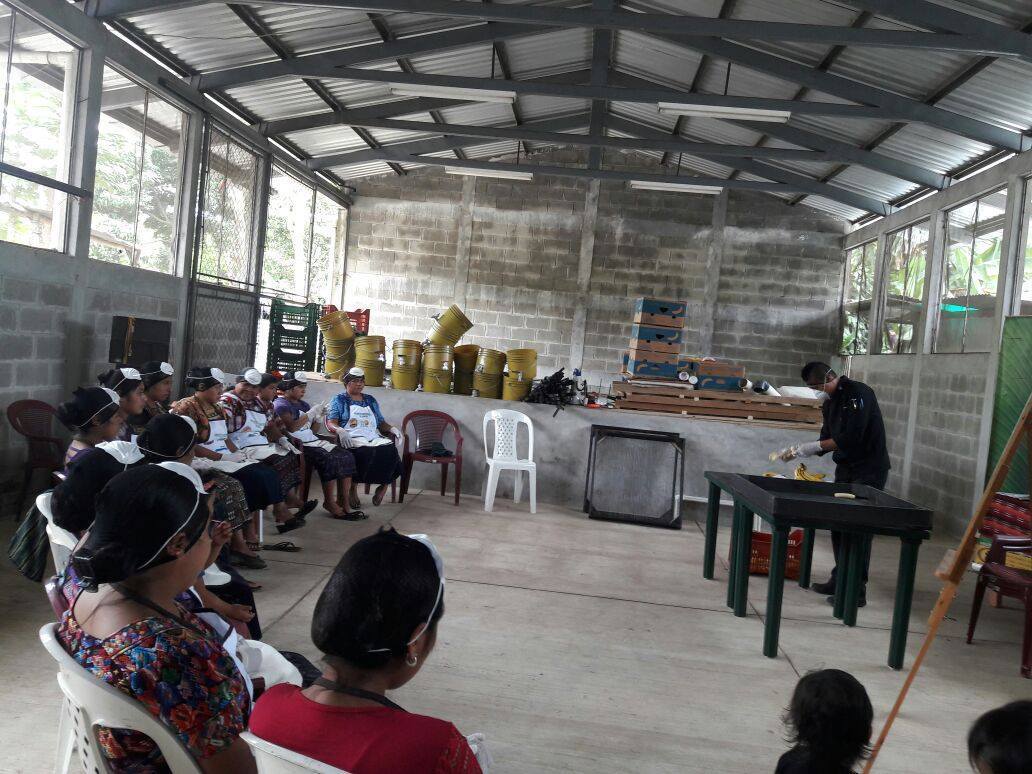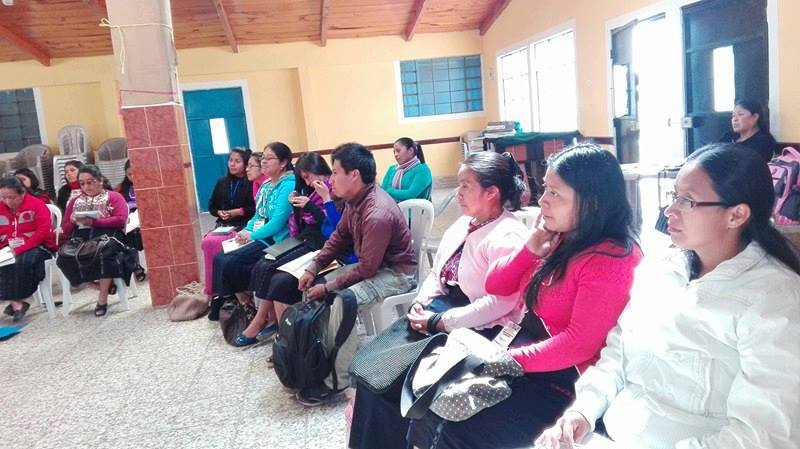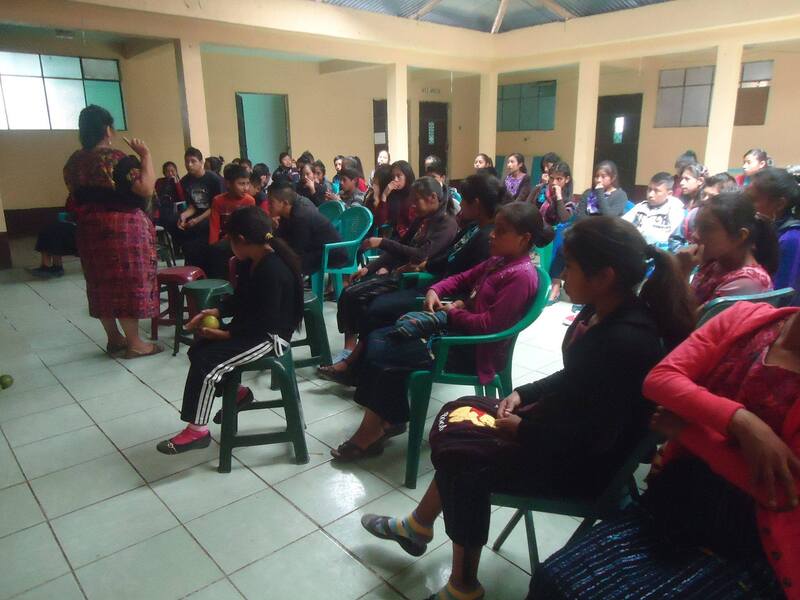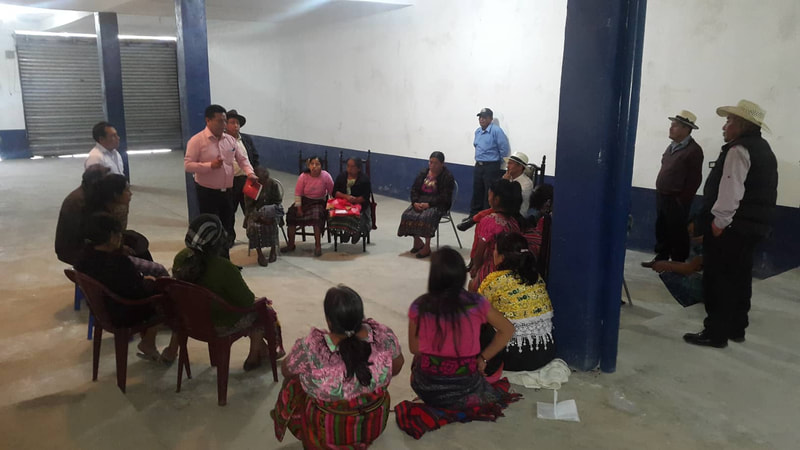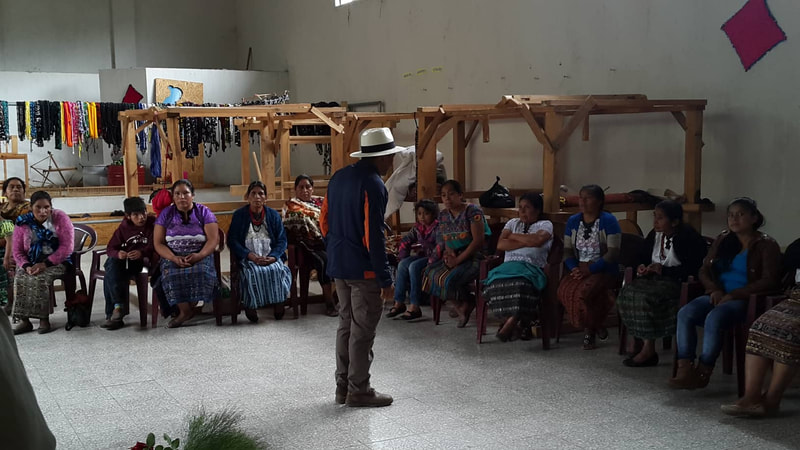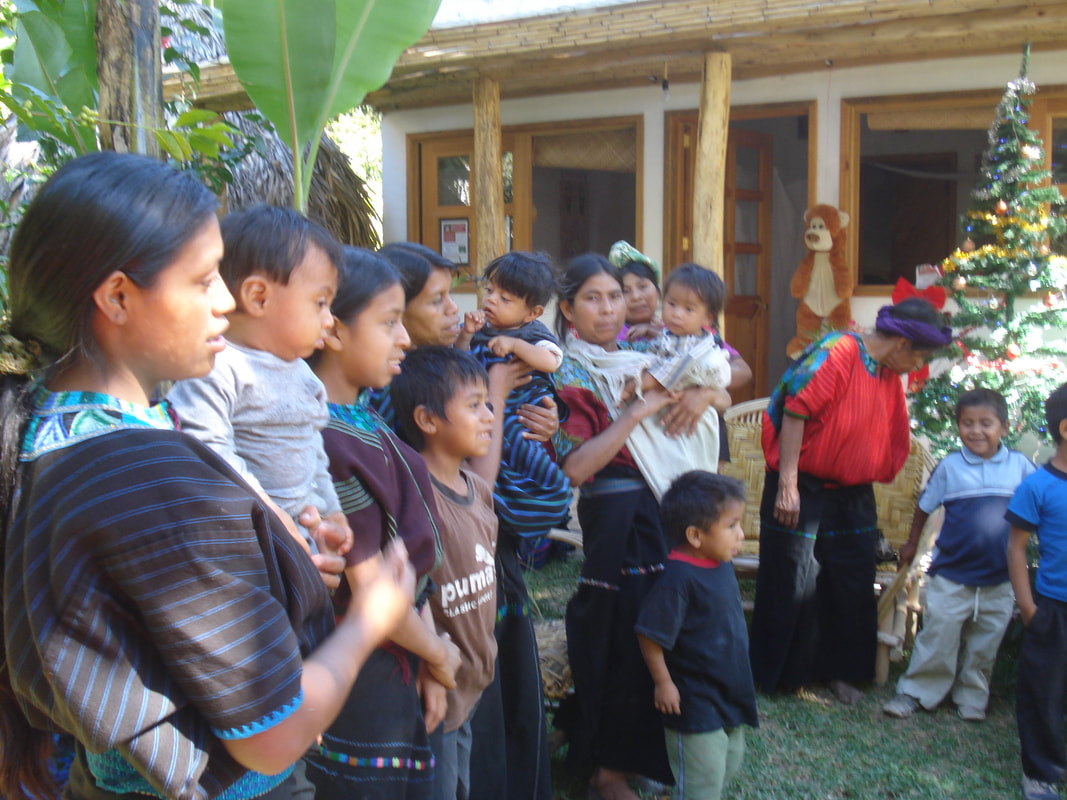AMOR believes that one of the best ways to bring about positive, profound, and permanent change in indigenous communities is to support the human rights education of young people, women and girls. Our efforts also focus on supporting rural human rights defenders and their vital work, and campaigning for justice for those communities that continue to be devastated by war and its effects.
Indigenous Human Rights Defenders

Despite the many human rights organisations which offer support, (some of which do great work), most indigenous human rights defenders are unable to obtain the support they needed to be safe and rebuild their work and lives.
To meet these needs and address these shortfalls, AMOR provides accompaniment, security training and access to justice for local indigenous activists working in communities unconnected to or under-resourced by the wider human rights community. Our ESCUDO project, carried out in partnership with Lush Cosmetics, helped 116 indigenous human rights defenders improve their security in 2022 and 2023, impacting 3,240 activists in peril.
To meet these needs and address these shortfalls, AMOR provides accompaniment, security training and access to justice for local indigenous activists working in communities unconnected to or under-resourced by the wider human rights community. Our ESCUDO project, carried out in partnership with Lush Cosmetics, helped 116 indigenous human rights defenders improve their security in 2022 and 2023, impacting 3,240 activists in peril.
Humane Education And Youth Leadership
|
The Mayan communities of Guatemala were at the centre of the genocide perpetrated against the Mayan people from 1960-1996. These communities are growing more marginalised every year, yet they fear if they speak out the war will start up again. Young people are forced to undertake the dangerous migration to the USA, or work in the coastal plantations as slave labour. These young people are unequipped to fight the battles that lie ahead, the pressures of modernisation on their indigenous way of life and culture, the pressure on resources and the poisoning of food and natural resources.
Humane Education And Leadership programme (HEAL) helps empower indigenous youth in communities destroyed by poverty, war or genocide to voice their needs, defend their lands and lives, rebuild their communities and help create a future founded on peace. |
Holocaust Justice
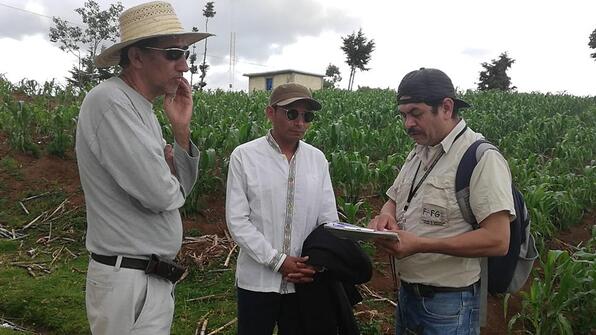
In the eighties, the K´iche´ Mayan community in Guatemala was one of the principal targets of an "anti-Communist" genocide operation, involving systematic rape, forced displacements and hunger during the Guatemala civil war of 1960-1996. The K´iche´ were considered public enemies of the state and were also victims of racism, considered an inferior race. According to a 1999 United Nations truth commission, between 70 and 90% of K´iche´ villages were razed and 60% of the population in the altiplano region were forced to flee to the mountains between 1982 and 1983. By 1996, it was estimated that over 200,000 Mayans had been killed, many more disappeared. The violence was particularly heightened during the period 1979–1985 as successive Guatemalan administrations and the military pursued an indiscriminate scorched-earth policy.
Indigenous Guatemala bore the brunt of the armed conflict. but these communities have never received recognition nor reconstruction of what they suffered. The government denies that genocide ever happened, and many young Guatemalans too are unaware of their own history as it isn't taught in schools. According to the WHO, rural Guatemala has one of the highest rates of chronic malnutrition and illiteracy in the world. Still today the people, scarred by rape, splicing of pregnant relatives, massacres and confiscation of their lands, are afraid to speak fearing more violence.
HEAL Guatemala seeks to build a local, regional, national and international movement to end impunity for the perpetrators of that genocide and sexual violence within it, and to gain recognition and reconstruction for the communities and survivors so that they may finally begin to rebuild their lives and create a foundation of peace in Guatemala.
Indigenous Guatemala bore the brunt of the armed conflict. but these communities have never received recognition nor reconstruction of what they suffered. The government denies that genocide ever happened, and many young Guatemalans too are unaware of their own history as it isn't taught in schools. According to the WHO, rural Guatemala has one of the highest rates of chronic malnutrition and illiteracy in the world. Still today the people, scarred by rape, splicing of pregnant relatives, massacres and confiscation of their lands, are afraid to speak fearing more violence.
HEAL Guatemala seeks to build a local, regional, national and international movement to end impunity for the perpetrators of that genocide and sexual violence within it, and to gain recognition and reconstruction for the communities and survivors so that they may finally begin to rebuild their lives and create a foundation of peace in Guatemala.
Women and Girl's Rights
It’s time to raise up again the pillars of indigenous community, the women who are the shade for their children from the sun, their umbrella from the rain.
- Arnulfo Oxlaj
|
AMOR is committed to gender justice and the reconciliation of relationships. We believe in partnership between men and women in all spheres of life. In the community, as at home and at work, things work better when both men and women are supported, encouraged, and enabled to fulfil their potential. Community transformation is unachievable if one gender is left behind.
Gender justice also means helping communities right some of the terrible things that have gone wrong between women and men: domestic violence, sex trafficking, victimisation of widows and single mothers, and unhealthy expressions of masculinity. Our Women's Voices Programme empowers indigenous Mayan women in Guatemala to voice their own needs, access basic services and challenge negative societal attitudes and behaviour towards them, through the provision of support for literacy, sustainable livelihoods training in weaving and sewing, increasing and strengthening their participation in political and public affairs and building women’s community organisation and leadership. |







